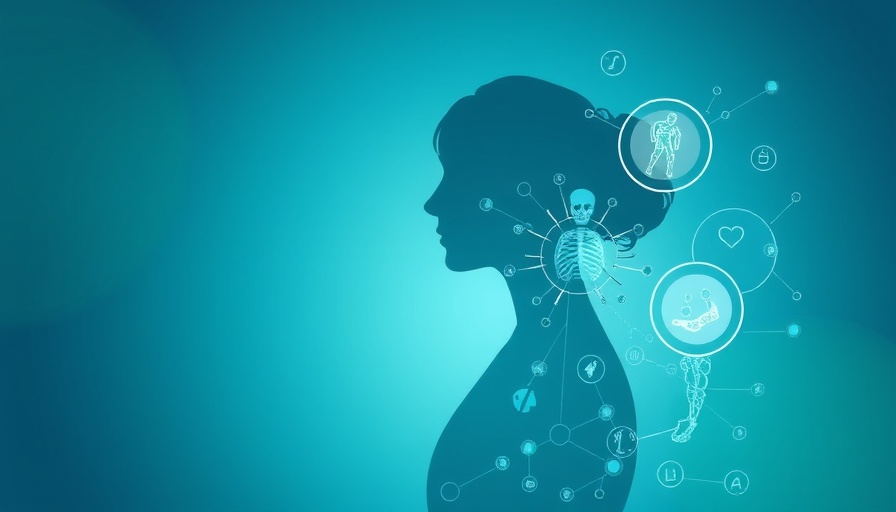
Understanding the Microbiota-Gut-Brain Axis
Depression affects millions worldwide, with a staggering 30% of patients resistant to traditional antidepressant treatments. Recent research has brought to light the fascinating role of gut microbes in influencing our mental health through what’s known as the microbiota-gut-brain (MGB) axis. This intricate communication network between the gut and the brain showcases how gut health can significantly impact emotional well-being.
How Gut Microbes Influence Depression
Multiple mechanisms exist through which gut microbes can affect depression. One major path involves the metabolism of short-chain fatty acids (SCFAs), which are produced when gut bacteria digest fiber. SCFAs have been found to play a role in regulating mood and mitigating depressive symptoms. Additionally, the vagus nerve acts as a conduit, allowing signals from the gut to influence brain function directly.
Another critical aspect is the regulation of the hypothalamic-pituitary-adrenal (HPA) axis. This system controls our stress response, and dysregulation can lead to heightened anxiety and depression—conditions that many are struggling with today. Furthermore, immune-inflammatory interactions, often exacerbated by unhealthy diets or gut flora imbalances, can also contribute to mental health challenges.
The Promise of Microbiome-Targeted Therapies
Given these insights, researchers are optimistic about developing microbiome-targeted therapies as a new approach to treating depression. These therapies could harness the benefits of probiotics or prebiotics to foster a healthier gut microbiome, potentially alleviating depressive symptoms for many individuals.
As gut-health-focused solutions gain traction, it’s crucial to consider simple dietary adjustments that can enhance gut health. Incorporating fermented foods, high-fiber diets, and essential vitamins and supplements like Omega-3s and adaptogens may serve as adjunct therapies. These options aren't just for managing depression but also play roles in anti-aging and overall wellness.
The Future of Gut-Brain Research
As we delve deeper into the relationships between our gut, brain, and overall health, exciting opportunities arise for novel treatments for mental health disorders. Scientific communities worldwide are calling for more substantial support and funding to propel this research forward. Those invested in their health and longevity can take proactive steps today by considering their gut health as a powerful facet of their overall well-being.
Actionable Insights: How to Use This Information
To harness the benefits described in this article, start by evaluating your diet. Are you consuming enough fiber and fermented foods? Supplements like NAD+, CoQ10, and Resveratrol can also play a pivotal role in enhancing your body's cellular functions and supporting brain health.
Empower yourself by educating others about the connection between gut health and mental well-being. Social connections and awareness can foster a community centered around nutrition, wellness, and health, making these insights significant not just on an individual level but as a societal movement toward improved mental health.
 Add Row
Add Row  Add
Add 




Write A Comment